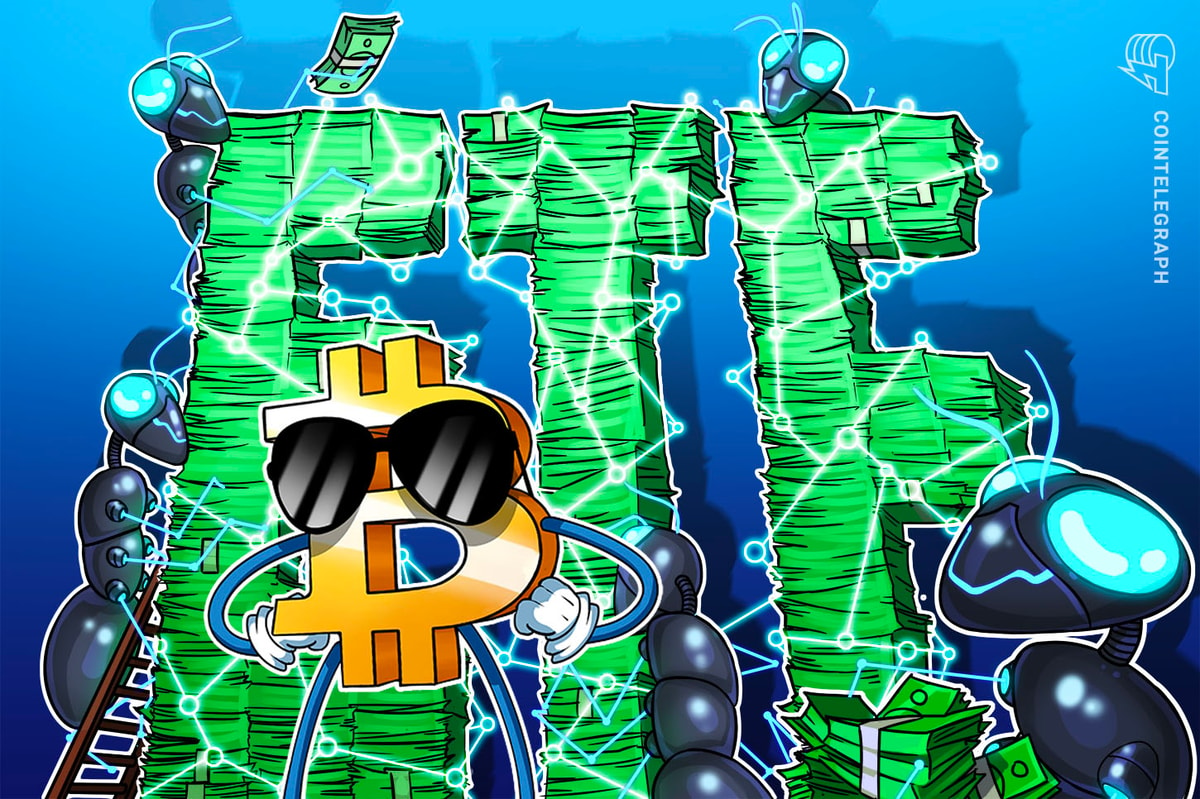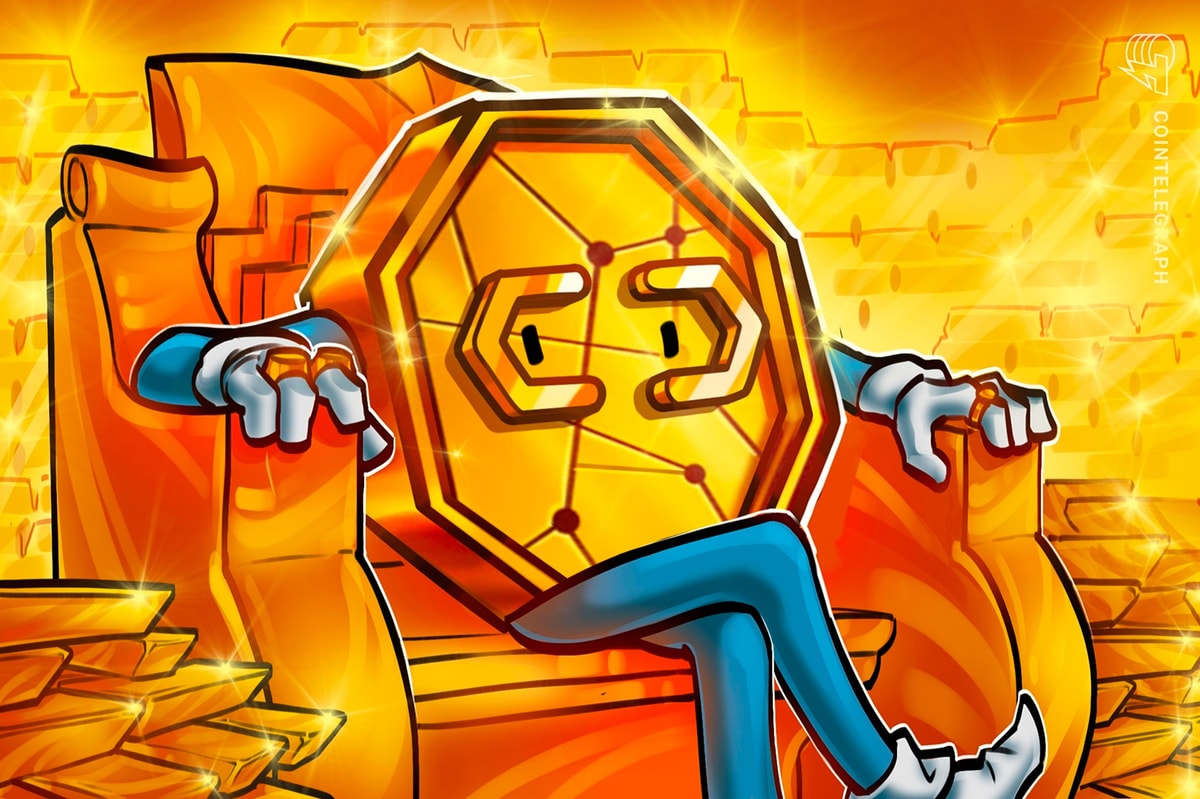The newly formed government of Argentina, under the authority of self-proclaimed Libertarian Javier Milei, said it would ease the path to legalization of crypto holdings even if they’re overdue on tax declarations.
On Dec. 27, the Law of Bases and Starting Points for the Freedom of Argentines was introduced to the Argentine Congress. The 351-page bill contains several reforms in tax, labor, criminal, energy and electoral matters, kickstarting Milei’s controversial reformist agenda.
The bill contains some mentions of crypto regarding tax-paying procedures. In a section dedicated to the so-called “asset regularisation scheme,” the document lists the types of assets a taxpayer may legalize without providing any “additional documentation” on their origin.
Related: Who is Javier Milei, Argentina’s market-friendly president?
All taxpayers would have to pay in the framework of such a regularization scheme is a flat tax on assets: 5% if they declare holdings by the end of March 2024, 10% starting from April and till the end of June 2024, and 15% starting from July and till the end of September.
Previously, in December, Diana Mondino, minister of foreign affairs, international trade and worship of Argentina, claimed that a decree aimed at economic reform and deregulation would allow the use of Bitcoin (BTC) and other cryptocurrencies in the country under certain conditions.
The “Bases for the Reconstruction of the Argentine Economy” decree, passed on Dec. 20, did not specifically mention crypto but included provisions that debtors could pay in currencies not recognized as legal tender in Argentina.
Milei came into power amid pressing inflation across the country. The Argentine president once referred to Bitcoin as a movement toward “the return of money to its original creator, the private sector.” Since taking office, he has not publicly spoken about digital assets.
Magazine: 10 best long reads about crypto in 2023











